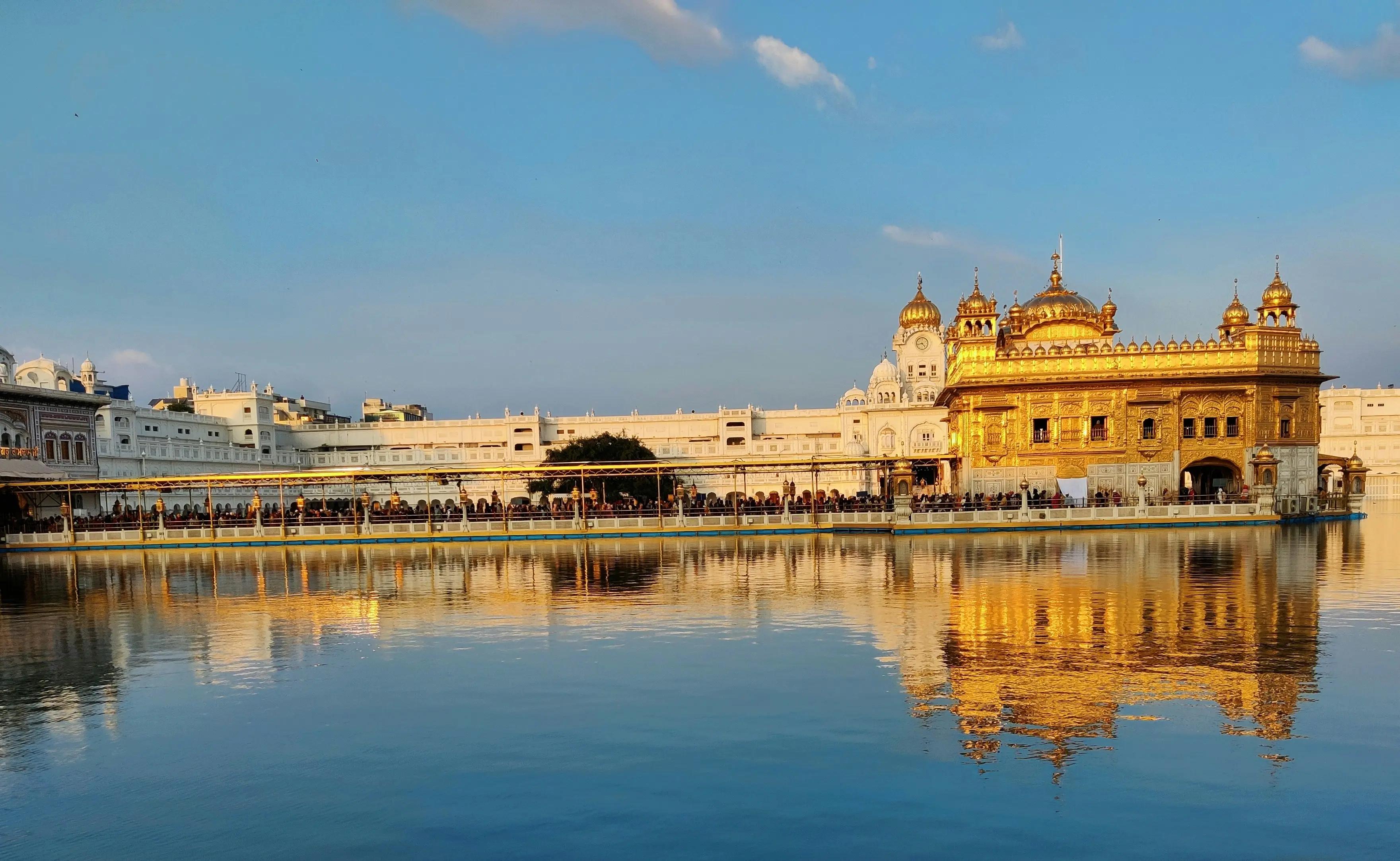
India, after-all, has been a key player in the global luxury market since the ancient days of the Silk Road, along which Indian merchants traded their prized textiles, dyes, spices, semi-precious stones, and ivory. Much later, in the early 20th century, European jewelers got their first glimpses of the vibrant and intricately carved gem collections of India’s ruling class and western tastes in jewelry were forever changed. Nowadays, many of the world’s top fashion brands, from Hermes to Chanel, rely on Indian artisans to handle their most intricate embellishment and embroidery work. Our long tradition of global influence is a great source of national pride, but what is destined to become even more relevant to the story of the rapidly growing Indian luxury market in the 21st century is the influence of our deep-rooted Vedic tradition that teaches us “Only by doing good can one benefit.”
The Vedic ethos dictates a way of life marked by love and respect of every living being on earth. Every journey taken is always well considered and designed for a purpose. For Indian entrepreneurs who were raised on these teachings, like myself, success is more a measure of one’s positive impact on the world than of one’s financial rewards. This means, first and foremost, promoting sustainability.
The first edition of Refinitiv’s report, “Financing a Sustainable Future in Asia,” places India in the top-three performing Asian nations when it comes to minimizing the environmental impact of industry. In India, minimizing our environmental impact isn’t just an ambition, it’s an absolute imperative. In its coverage on a 2018 report by the Intergovernmental Panel on Climate Change (IPCC), the BBC stated, “India stands to be one of the nations most significantly affected” by climate change, adding, “If exposed to the kind of destabilization the report talks about, the impact on India could be devastating – not just socially but also politically.” One can’t discount the notion that having so much at stake is a motivating factor for Indian companies to tread as lightly as possible on Mother Nature, but our cultural commitment to sustainability is about much more than self-preservation.
When I started Aranyani, I wanted to make sure our positive impact mission was both concentrated and comprehensive, so we focused on nine key goals from the United Nations 2030 Agenda for Sustainable Development. Yes, these include goals related to climate action, the preservation of wildlife, and clean energy, but beyond environmental concerns we are also committed to the enrichment of humanity. By promoting gender equality, paying fair wages, subsidizing quality education for our employees’ children, and providing clean drinking water for our entire district, our company is actively engaged in bettering our community and our world by supporting what the UN calls “a holistic approach to achieving sustainable development for all.”
We are not alone. A slate of our fellow Indian luxury goods makers, from Sabyasachi to Janavi, have put positive impact missions at the forefront of their commercial identities. Even our government is actively engaged in encouraging this kind of corporate social responsibility. In 2014, India became the first nation in the world to mandate corporate philanthropy, requiring large corporations to give away 2% of their net profit to the charities of their choosing.
Now, our cultural commitments to sustainability are increasingly influencing the west. Sadhguru Jaggi Vasudev, the Indian thought leader focused on “fundamental human wellbeing,” has turned his attention to the global clothing industry. His “Fashion for Peace” show that closed out New York Fashion Week last year was conceived to promote the use of natural fibers in clothing manufacturing, asserting that the overwhelming popularity of synthetic fibers, “is destroying the world.” Of the participating designers, all but Sabyasachi Mukharjee were American. Donna Karen was among the attendees.
As the world’s largest democracy, and a nation with a huge vested interest in achieving true sustainability, India has both the power and motivation to lead the world on the most pressing matters facing modern civilization, all while designing and manufacturing some of the finest goods on earth. You see, our commitment to sustainability requires supreme craftsmanship and the highest quality standards. After all, the most sustainable product is the one that lasts a lifetime.
